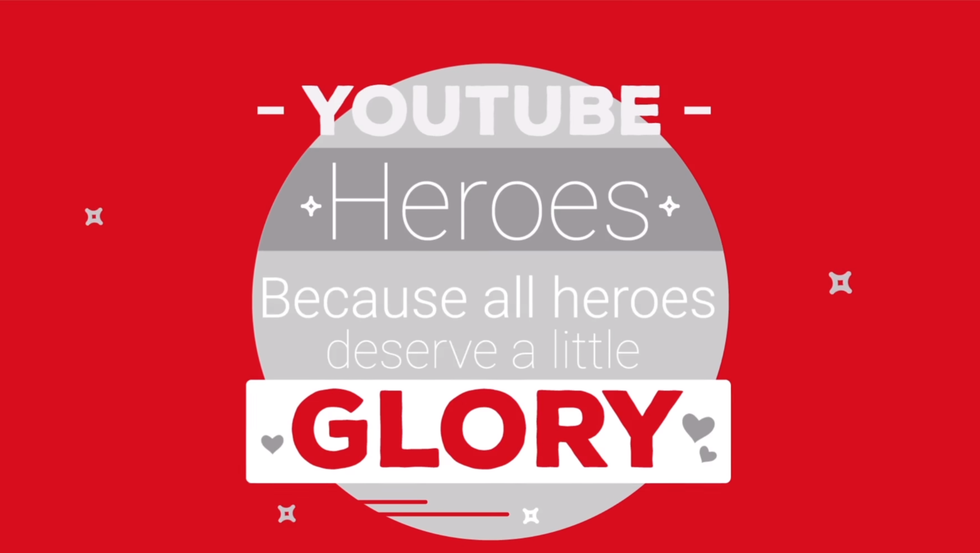In February 2005, three former PayPal employees launched a quirky little website and a promise: The internet age would be one of equity, and the home video would have a platform through which publication to the world wide web would be streamlined. YouTube scarcely lasted a year and a half before corporate giant Google purchased it and began an ongoing ten year process of desperately integrating itself into the explosively popular but initially unprofitable website. From the incredibly unpopular fusion of Google+ with YouTube (the cynics pointed out Google+ had been on the downward slope until that move), to the sloppy application of inconsistent monetization policies, to the borderline unethical automatic copyright detection software (which acts in a debatably illegal manner by not recognizing the protections of fair use), the history of YouTube has been one of top-down failure.
"YouTube Heroes", announced via an upbeat minute and a half announcement video (https://www.youtube.com/watch?v=Wh_1966vaIA) introduces the concept of crowd-sourced editing. Everyday users can gain 'points' by performing editorial actions on behalf of supposed community interests - examples provided are the writing of subtitles, the reporting of 'negative comments', and 'sharing knowledge with others' (presumably providing amateur tech support on behalf of the site).
Successful accruement of points allows a 'YouTube Hero' to access further tools to shape the community at will, including the ability to mass-report videos as inappropriate (note that three reported videos on a channel automatically deactivates it, no questions asked), moderate comment sections (something previously only possible for the uploader of the video for their own videos), access the infamously reserved YouTube staff for direct assistance - and, when a rampaging censor interrupts enough communities and ruins enough video maker's livelihood (many top makers on YouTube work on their channels full-time and make their incomes doing so), they are rewarded by YouTube with access to new features and invitations to the 'Heroes Summit', presumably some sort of forthcoming convention celebrating this brave new age of Google-mandated community control.
When writing these articles, I normally try to maintain my frustration when dealing with systems I disagree with. Today, I find I must make an exception. This is not only a blatant encouragement of community self-censorship, a terrifying danger for any internet forum, but it also rewards toxic and hurtful behavior. There do exist inappropriate videos on YouTube, but the vast majority of the site's user base is mature enough to report such content through the normal, effective means which already exist. This new system would give serial internet trolls both the power and incentive to falsely flag, block, and ban videos and users for their own personal gain. It would punish content creators who dared bringing up any topic even a single person might subjectively consider offensive or challenging, for that one person would be empowered by this system to go on a rampage through that user's portfolio and reap 'hero points' for their sanctioned desecration.
Thankfully, the greater internet community has been swift and unanimous in condemning this announcement. The YouTube video linked above has its comments disabled (the irony of which is delicious) and has a dislike bar longer then the semi-coherent rant I hope to now conclude.
YouTube has not had a good history with interacting with the enormous global community which uses it. It is ironically due to this rocky relationship that we have grown expectant of Google's shenanigans when it comes to YouTube, and without the continued enormous potential of YouTube as a platform capable of realizing its ideals, I think we would have abandoned it long ago.




















